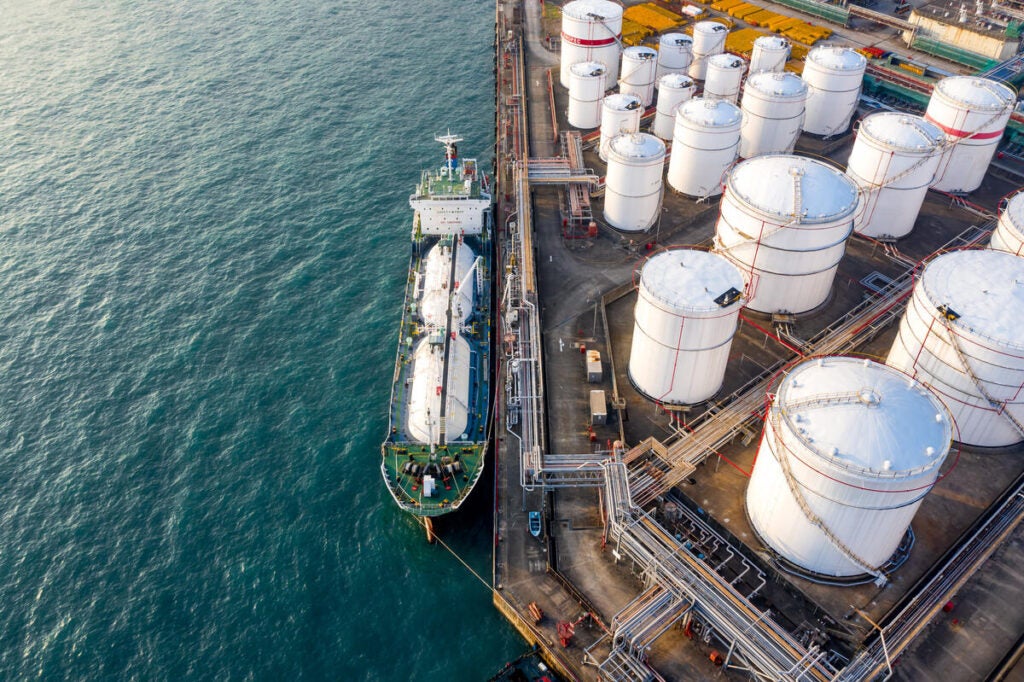The Posidonia shipping exhibition in Greece put innovation on display, yet what stood out was the industry’s cautious approach to decarbonization, particularly the absence of discussions on lifecycle analysis of marine fuels. This is crucial as we approach the 82nd Marine Environment Protection Committee meeting at the International Maritime Organization in September, where negotiations to account for the full lifecycle of marine fuels will be key to designing measures to achieve essential emissions reductions goals and decarbonize the sector.
Implementing a standardized well-to-wake framework, akin to the International Civil Aviation Organization’s approach for aviation, will streamline regulations and strengthen the global response to maritime emissions. This approach encourages investment in cleaner technologies, enhances transparency and ensures accountability, driving genuine progress towards sustainability.
From Production to Propulsion: Effective Shipping Regulations Should Account for the Full Lifecycle Emissions of Marine Fuels Share on X
The well-to-wake approach
The IMO’s revised Strategy on Reduction of Greenhouse Gas Emissions from Ships commits the sector to significant reductions by 2030 and 2040. Central to this is the well-to-wake approach, which encompasses the entire lifecycle of fuels, including emissions at every stage of a marine fuel — from extraction to combustion. A well-designed lifecycle emissions framework is essential to steer the shipping industry toward its sustainability goals by focusing on comprehensive emissions tracking and understanding the full environmental impact of every fuel source.
In shipping, combustion emissions receive the most attention. But significant emissions occur from marine fuels’ production. For instance, while alternative fuels like liquid natural gas may show lower carbon dioxide emissions at combustion, their overall GHG footprint can be negated by methane leaks during extraction and distribution. Methane’s short-term warming impact is significantly higher than CO₂, emphasizing the need for a holistic emissions analysis.
As the shipping industry explores alternative fuel sources, the well-to-wake approach will be essential to make accurate regulatory and business decisions.
A robust lifecycle approach will help regulators, ship operators and the industry meet the Startegy’s objectives and make informed decisions about fuel choices, ensuring decarbonization trajectories which effectively reduce environmental and social impacts. This is crucial as the industry explores various alternative fuels, each with distinct emissions profiles throughout their lifecycle.
Additionally, a well-to-wake approach can prevent misguided incentives that might arise from focusing solely on ship-level emissions, promoting a more accurate and effective strategy for GHG emission reductions.
Addressing concerns about double counting in emissions accounting
Due to the comprehensive scope of emissions tracking, concerns exist about double counting emissions with the full lifecycle approach. These issues are particularly relevant in international contexts where fuels are produced and consumed in different countries. However, transparency and appropriate action by the Parties to the Paris Agreement and the IMO can help remove the risk of double counting and ensure the integrity of emissions reductions strategies.
What’s next
Embracing a full lifecycle assessment provides a deep understanding of environmental impacts from fuel production to end use, enabling informed, economically and environmentally responsible fuel choices.
The Posidonia exhibition underscores the shipping industry’s ongoing transformation to a more sustainable version of itself. Future discussions must delve deeper into energy transition issues and align with evolving regulations and the urgent need for a comprehensive view on fuel impacts. The well-to-wake approach, supported by international standards and collaboration, will enhance the industry’s ability to manage its environmental impact and foster sustainability.


